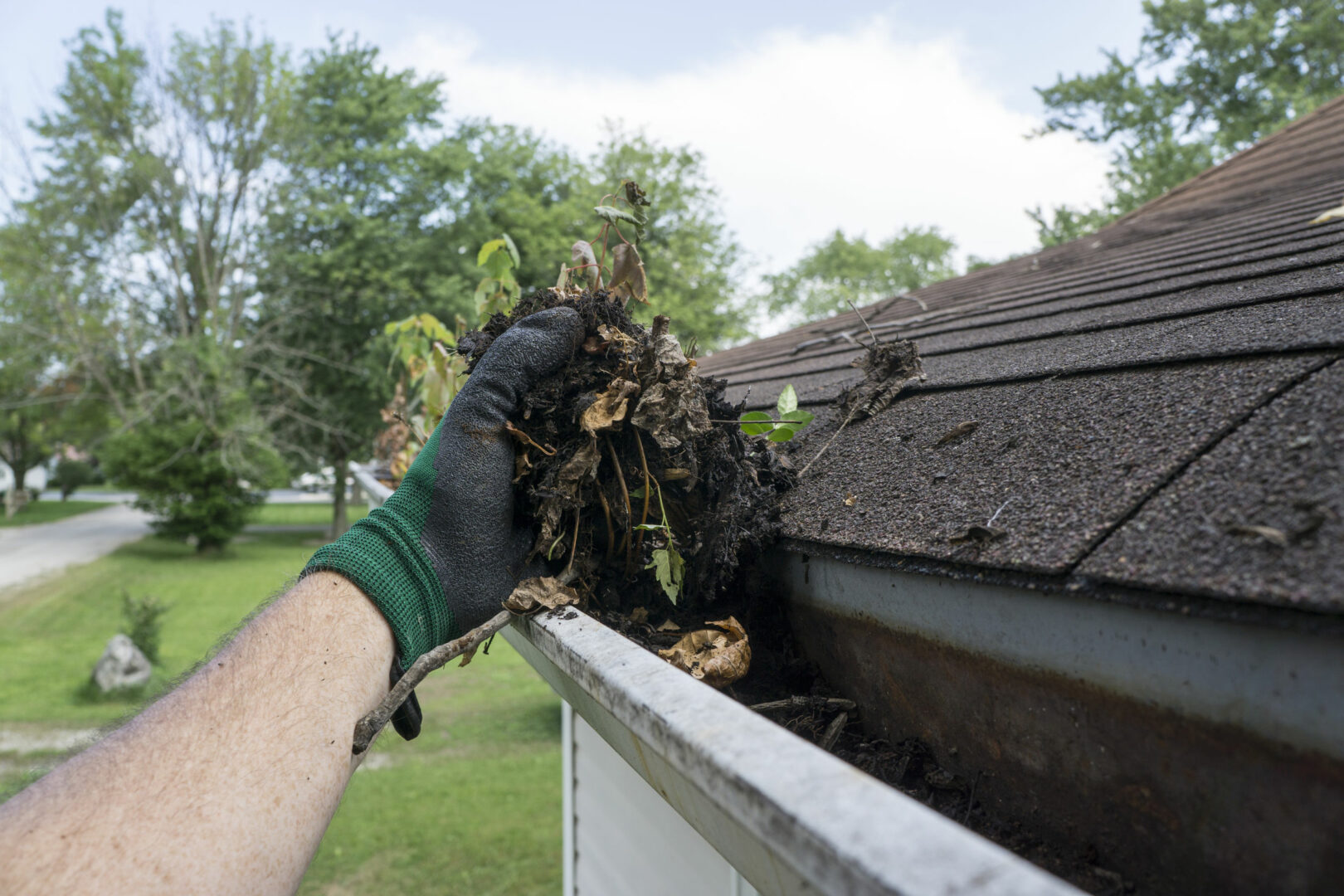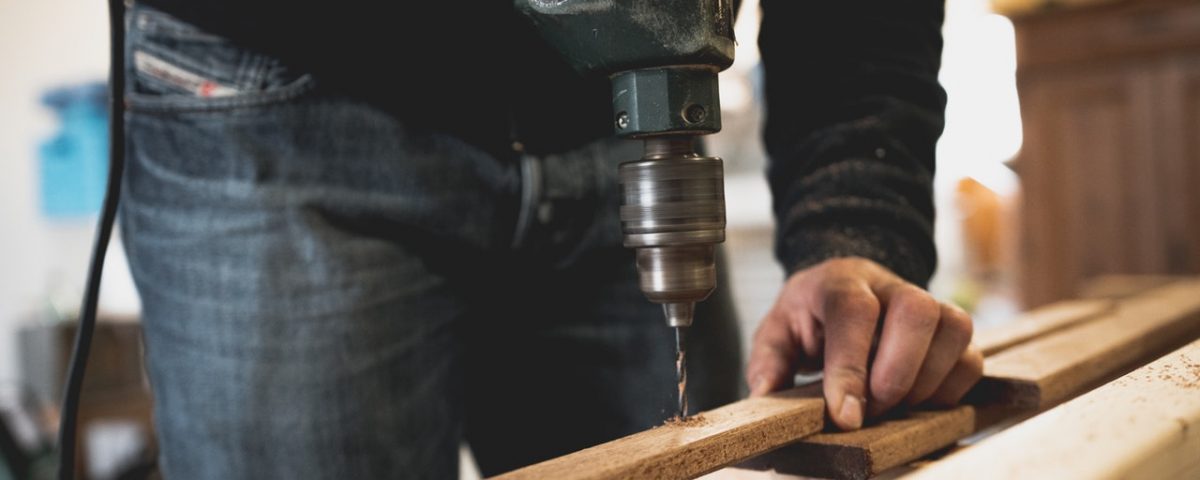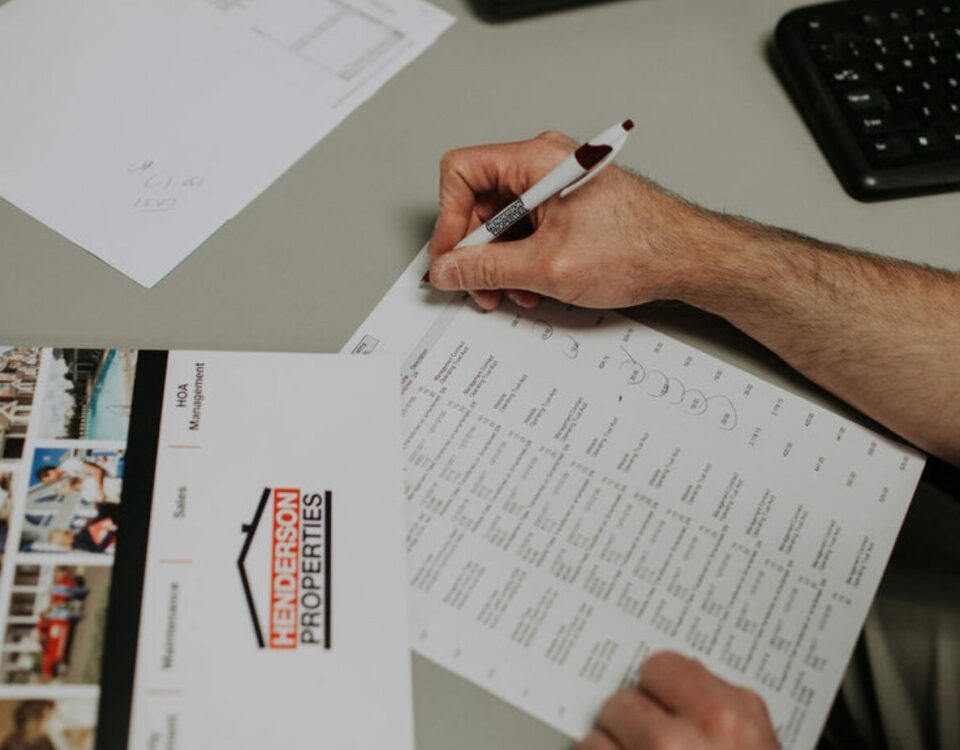- Walk-in Traffic is by Appointment Only - More Details
What You Need to Know About Home Improvements and Taxes

Gutter Cleaning Special!
November 27, 2018
4 Things You Can Learn from Your Neighbor’s Home Sale
December 19, 2018Are you tackling home improvement tasks in the New Year (or did you tackle some this past year)? Before you get too involved in the process, make sure you’re prepared for the potential tax ramifications of the job. Some home improvements can actually land you some significant tax breaks, and here’s a closer look at how those work.
Energy Efficient Improvements Can Gain You Deductions
If you are looking to add a highly efficient technology to your home, such as solar or geothermal systems, you can get a one-time tax credit to write off 30 percent of the systems’ cost, including labor and installation costs. While these systems are a sizable investment, you will get a sizable deduction as a result, and enjoy the energy saving benefits for years.
Understanding Capital Gains Taxes
When you sell a home and make a profit above the current limits, and do not invest the money from that sale into another home purchase you will pay tax on the profit. This tax is known as capital gains tax. Home improvements that add value to the home, such as an addition or finishing the basement, lower your tax basis. The tax basis is the amount of profit you make on the sale of the home. Here’s how this works. If you sell a home for $150,000 and make $50,000 in profit, but you put $25,000 into home improvements, you can only be taxed on $25,000 of that profit. The tax basis of the home is reduced to $125,000, and thus your actual profit is just $25,000.
Making Home Improvement for Medical Reasons
Another way you can use home improvements as a tax deduction is through making home imprisonments for a medical need. If you need to renovate a home to make it wheelchair friendly, for example, you can deduct the costs of the changes on your tax return. The key to this deduction is ensuring that the improvement is for a true, diagnosed medical need and is necessary to make the home functional for the individual with that need.
How to Take Home Improvement Tax Deductions
If you want to take home improvement tax deductions, you need to keep meticulous records. Have a file in place that you can toss all receipts into, then pull that out at tax time to show proof of the improvements you have made.
Tax season is stressful for everyone, but when you are making home improvements you may be able to reduce some of that stress with some helpful tax deductions. Keep careful records and make sure that your deductions are in line with current tax laws, then enjoy the benefits that tax deductions bring.




